By: Sister Christi Sanchez, CCVI
There is a hunger in my heart that continually longs for connectedness, for relationship and for intentional commitment. At the same time, I value a community that engages with those on the margins, seeking justice, simplicity, prayer, and peacemaking. Therefore, when asked what resonates with me about a healthy community, I believe that it is about the courage to be authentic. It is about having compassion for others, being honest, and charitable.
The best example that Jesus gave us to live as community was when he was among his disciples. They were given wisdom, support, shared stories, and loved by Jesus. As we live in community, we should be experiencing the same kind of Spirit-filled life that Jesus showed his disciples. How we live our lives together writes a narrative for the world that the example Jesus gave, when practiced well, invites all his followers to live in union and charity.
Having the courage to be authentic in a community is respecting yourself and others. Practicing respect helps one to be who they are and not who they desire to portray. When one is being authentic then other members in community will offer respect in return. Another way to be authentic is through communication. When one speaks it is important that they mean what they say and say what they mean. When communicating, it is key that community members are able to clearly express needs and expectations to one another. When communication issues arise, community members can forgive each other and try again. It is necessary that community members not hide feelings and be truthful with one another. Honesty is essential in community. When we are honest, then we can respect ourselves and others will respect us.
Living in a healthy community requires taking responsibility for our own actions. One should not blame or deny ones actions. When one takes ownership of her/his actions, then one will be treated with respect in community.
During this time of the pandemic, I have discovered that I need to have compassion for my Sisters. As members of a religious community we all enjoy being active and serving others. I am one of the younger members in community and a lot of my service and ministry happens outside the house. I have realized that I need to be extremely cautious of my daily interactions so as not to bring the virus into the house.
Another practice in community is mutuality. Where you were educated, what degrees you may have earned, culture, race, or age should not matter, because we are all on the same playing field. In other words, we all have equal responsibilities to participate in the life of the community; everyone needs to work together. No one is exempt. We should celebrate our diversity rather than allow it to cause a power struggle.
When we embrace and integrate these characteristics, we are better able to live our charism and fully live out our vows of poverty, chastity, and obedience.
All of this gives me hope. In the end, as community members, we need to respect ourselves and one another. These are some of the different ways that we can assist and respect each other as we live together, in intercultural and intergenerational communities.
On the header, photo by Sharon McCutcheon on Unsplash.


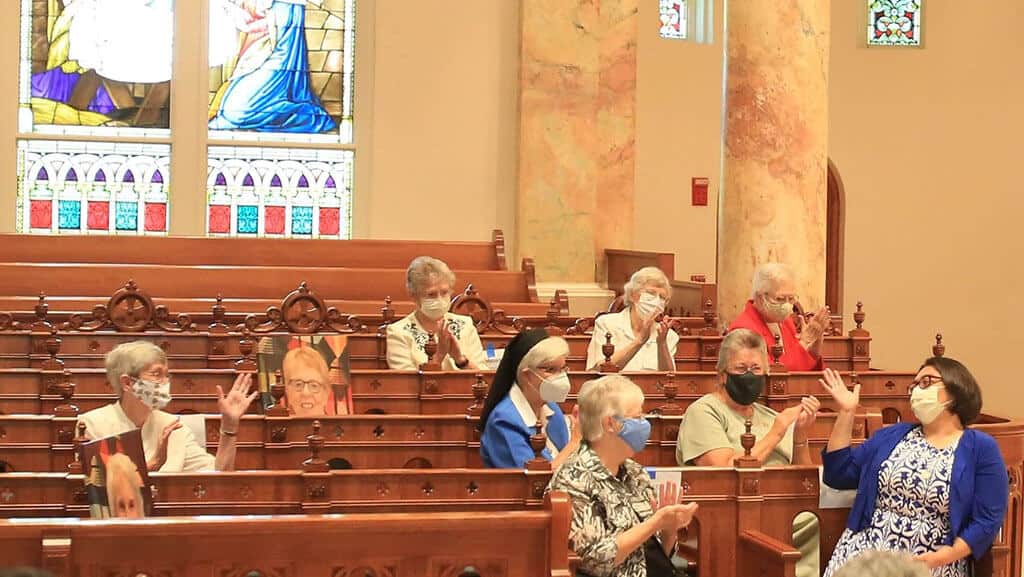
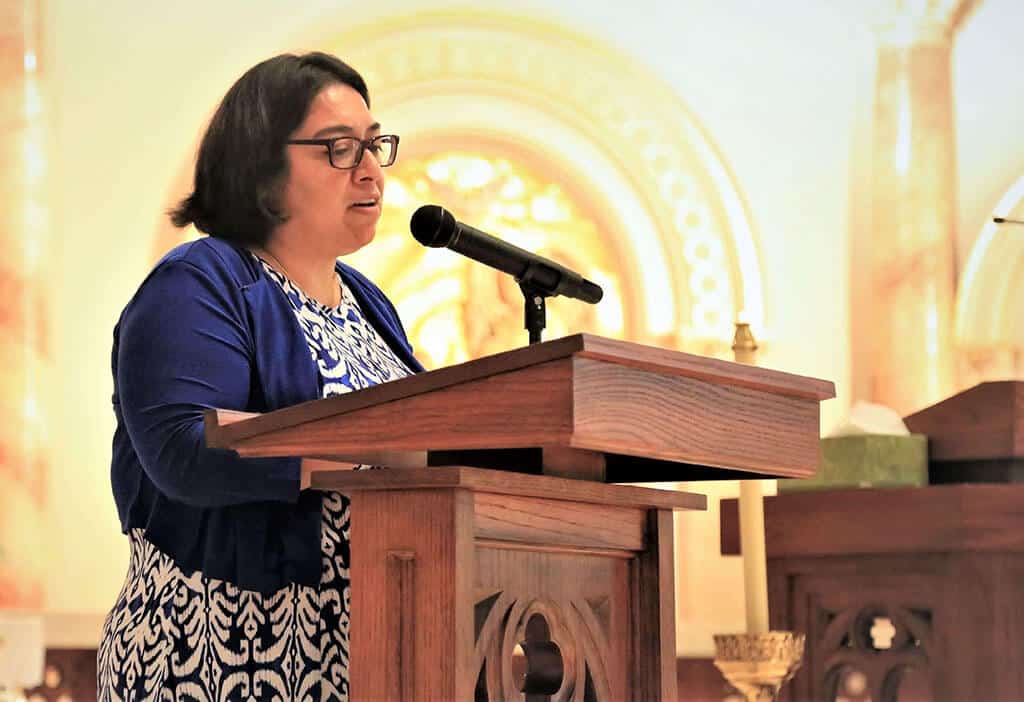
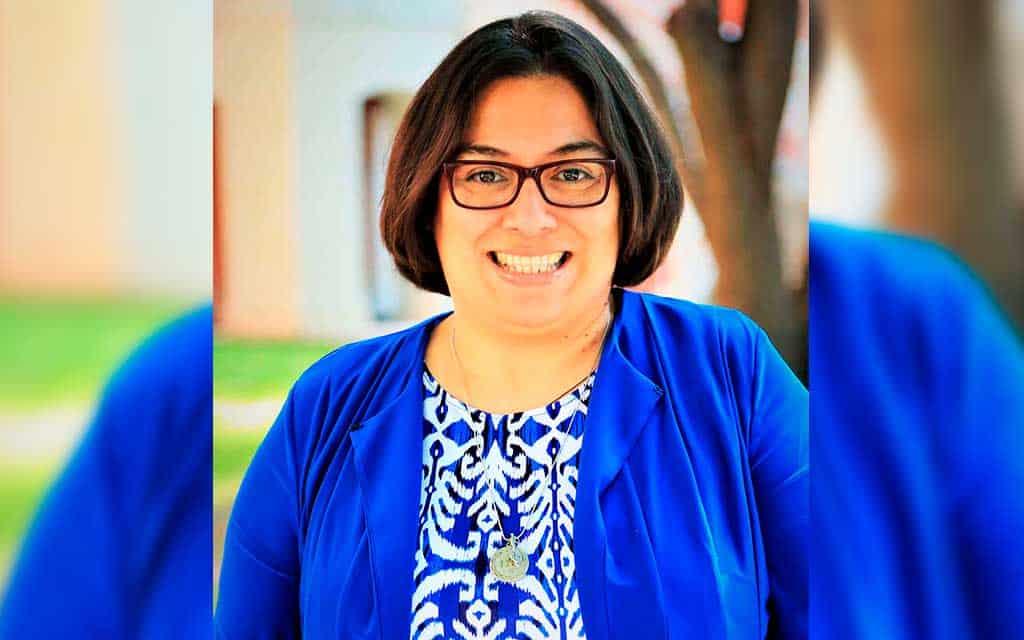
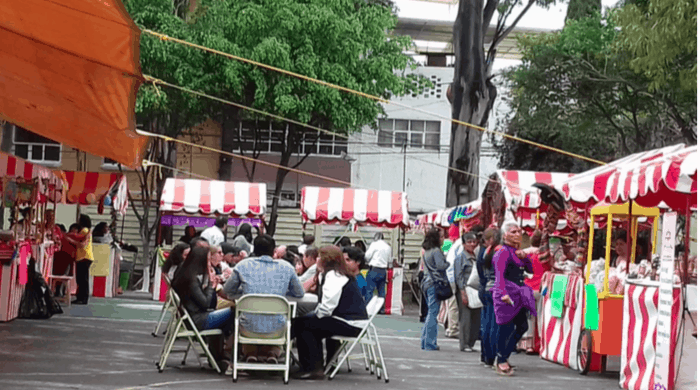
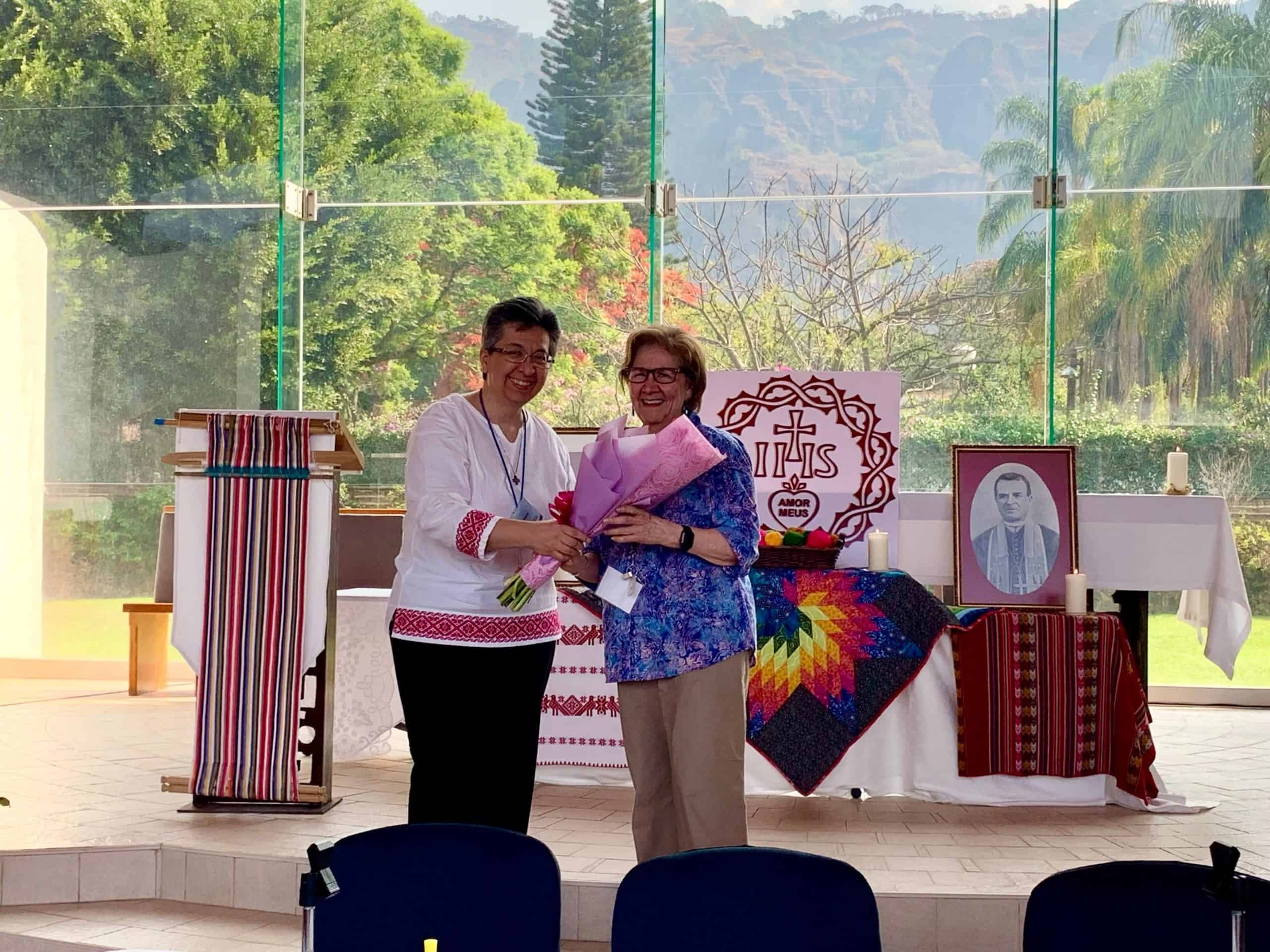

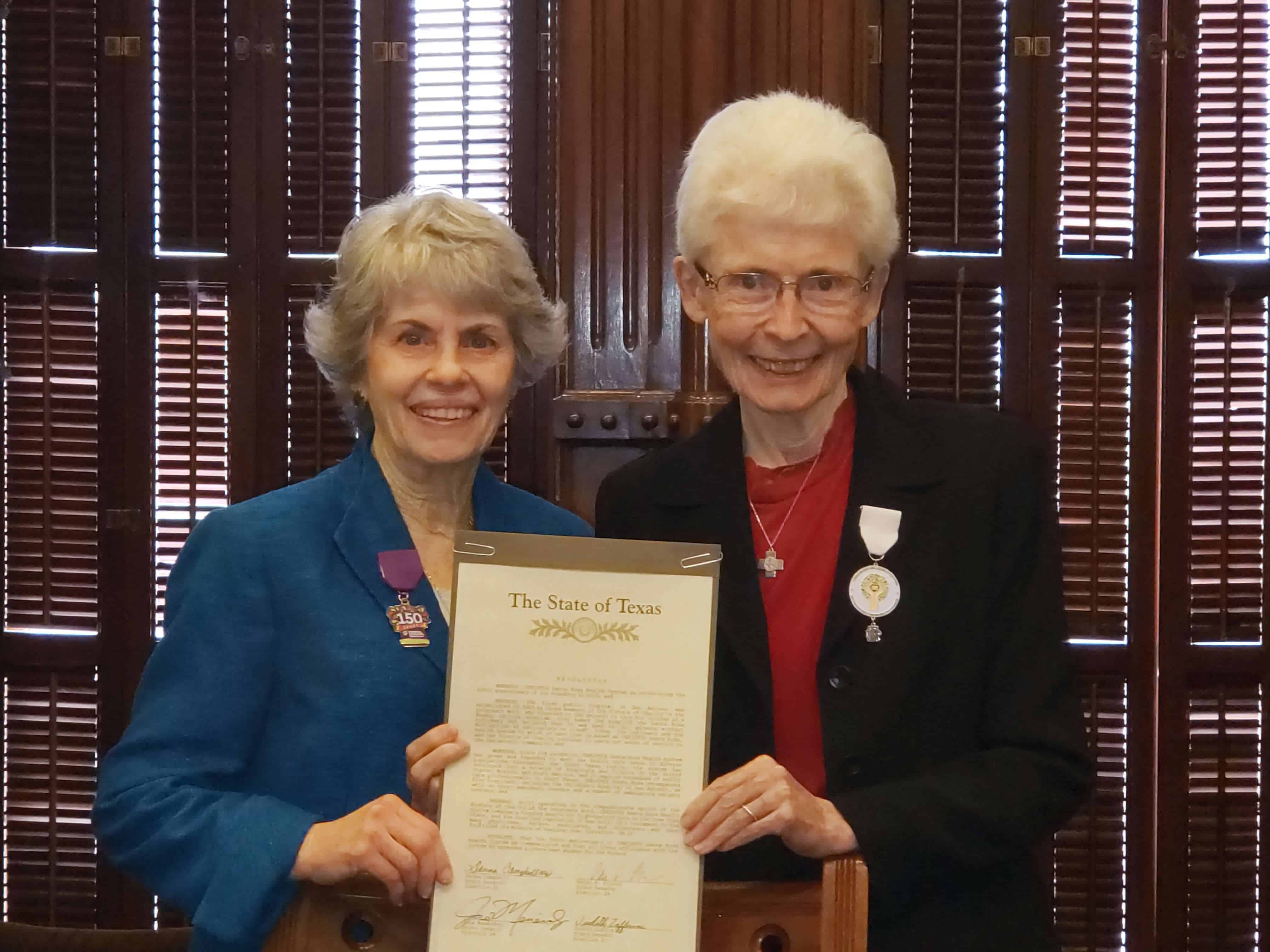
0 Comments